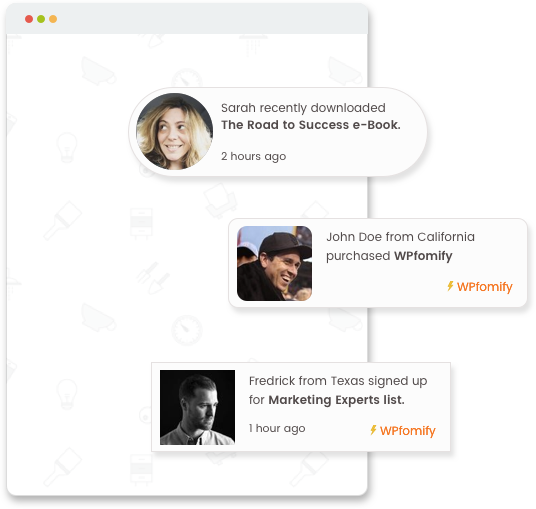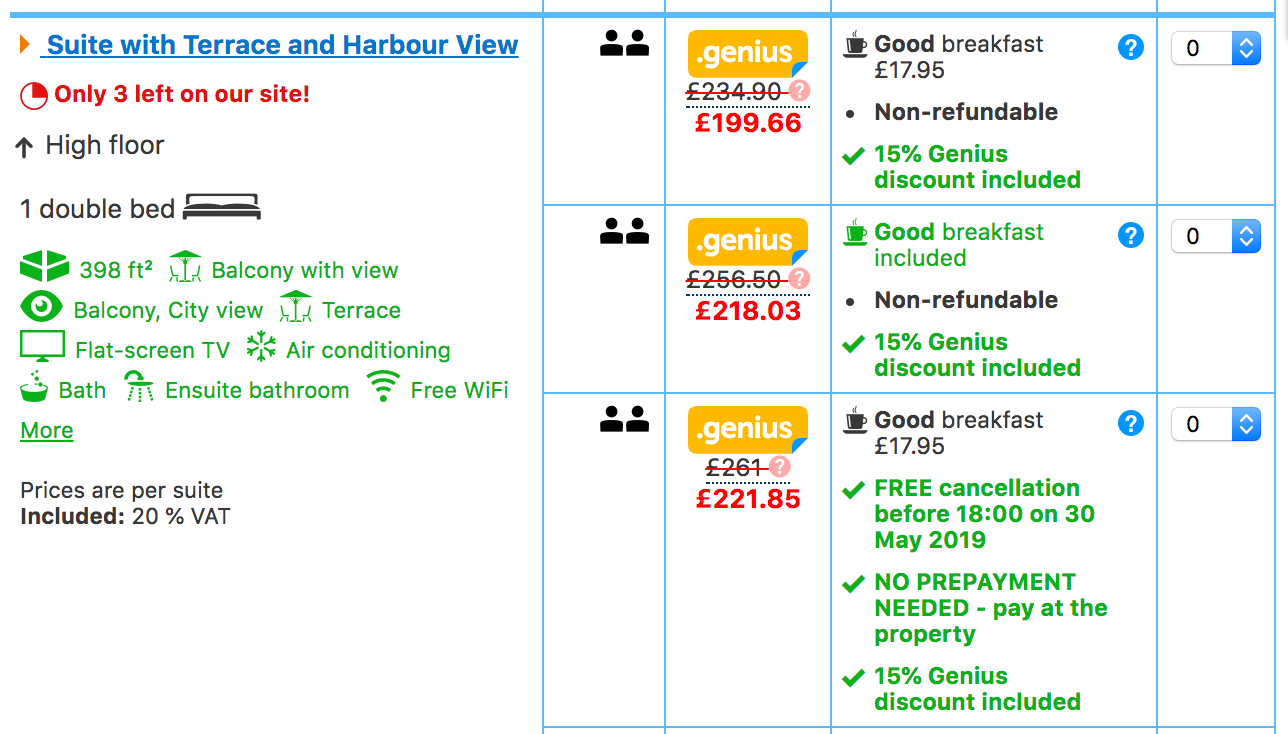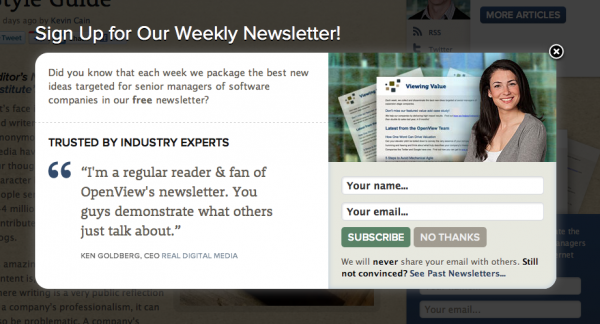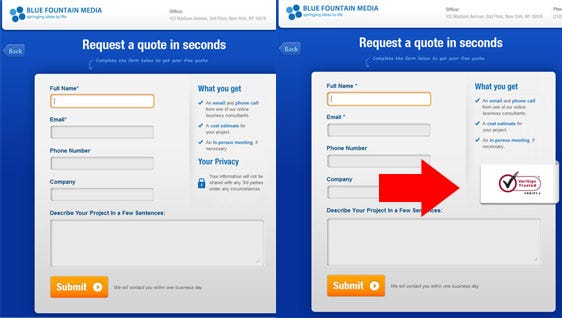
Introduction
I am always intrigued by new digital products, and I spend a little bit of time every week finding out what’s new out there. ProductHunt is a great source for new web applications. Recently, I learned about social proof and its growing use.
Social proof is a marketing tactic that relies on the assumption that if other people have shown interest in or have purchased a product, you’re more likely to do the same. Psychologists might call this the bandwagon effect — or, to use a more negative term, herd behaviour.
- When you search for ‘teeth whitening’ products on Amazon and get two hundred results, you’re likely to buy the one with the most and best reviews.
- When you’re scrolling through your Facebook newsfeed in the middle of the night, the posts you’re most likely to pause upon are ones with high engagement; i.e. lots of comments, shares, and likes. It makes you intrigued why so many people are interested in it — the crowd pulls a crowd!
That is social proof at work and we fall for it subconsciously. Another example of this is when businesses list prominent celebrities or big brand names as their existing customers to help build trust and authority. We all know why companies put Google, Microsoft, and Apple logos on their website and say these are some of our customers.
In the last few months, I have been observing webpages a little more carefully, and I took snapshots of injected social proof that I would have previously ignored. Here are some of them — enjoy!
Dynamic conversions and traffic information
The newest trend digital businesses are using is throwing a lot of dynamic information your way. This includes recent purchases on the website, traffic on the website, and etc. It’s a way of telling you lots of people are showing interest, and maybe you should too.
Dynamic information is so popular, there are nearly two dozen dedicated web applications that help you build these kinds of notifications and alerts into your digital products within minutes.

Booking.com — overdoes social proof!




- It creates a sense of urgency by telling you there are only three rooms left.
- It’s trying to build trust by telling you this hotel was booked only 29 minutes ago.
- It’s telling you this is a great choice as there have been four bookings in just six hours.
Facebook ads
Digital advertising is revolutionising marketing — its USP is that it is targeted to a high level of precision. Mediums like Facebook have so much consumer data, they can help businesses target just the right people (saving money!). Then they also report back on consumer behaviour. I have been experimenting with Facebook Ads Engine for building advocacy campaigns for my human rights campaigns. Through this experimenting, I have learned a few nifty tricks people are using to build social proof.
Getting likes, comments, and shares on ads cost money. Because of that, marketers are running their campaigns in ‘cheaper countries’ where the cost per click or like is low. They’ll even do this in countries where they do not intend to sell! This helps them build social currency on their Facebook posts.
After marketers get all the required social proof, they run the campaign on the same posts in the countries where they want to sell. The intent here is to make you stop scrolling and notice the ad, and it has been proven to work.
Now you know why you stop on some social media content and not others!

User reviews
Everyone knows how keen businesses are these days to get good user reviews. Sellers on Amazon have approached me many times to try their products in return for a review. If you can’t get your electric bill sorted by the usual email and phone channels, send the company a tweet and they will be on it in minutes.
Many digital products also use in-your-face reviews by other customers when you are engaging with their products. As an example, on many websites, if you are browsing for a few minutes but still have not purchased anything you will notice…
- A pop up with dynamically fed information. This may include a new user review of the product sourced from the Google Business Profile or the Facebook page. This is a way of telling you other people think this product is a great choice.
- This lets the company build trust with you — they recognise you’re a strong lead and it’s a good way to convert you.
- If you show the intent of leaving, you might see a discount pop up too as a final push.

Trust Seals
By adding trust seals on your checkout page, you can significantly boost your sales. There are tons of security seals you can add on your site such as Norton, McAfee, Better Business Bureau, and etc. Then, there are payment protection, data safety, and compliance seals.

Have you seen other examples of social proof on the web? Let me know.